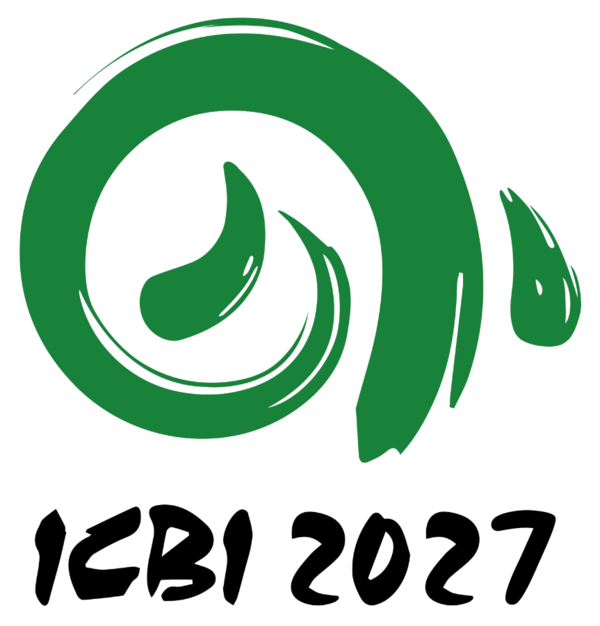Perth International and Domestic Airports are approximately 25 kilometres from the centre of the city, which is around a 35-minute drive. There are a large range of accessible, reliable and inexpensive transport options, including shuttle buses, AirTrain, taxis, car rental and hotel transfers to and from the CBD. The airport services regional, domestic and international travellers.
Decimal currency is used in Australia with the dollar as the basic unit (100 cents = A$1). Notes come in A$100, A$50, A$20, A$10 and A$5 denominations. Coins come in 5c, 10c, 20c, 50c, A$1 and A$2 denominations. Currency exchange facilities are available in most banks, hotels and airports and operate normal business hours. Credit cards are accepted at most restaurants and shops, the most widely used being Mastercard, Visa and American Express.
Sunseekers flock to Perth. The Western Australia capital enjoys hot, dry summers and mild winters. During summer rain is unusual.
- Spring (Sep-Nov): Days are warm and sunny with average temperatures ranging from 11.7 – 23°C (53 – 73.4°F)
- Summer (Dec-Feb): Days are hot and dry with very little rainfall. Average temperatures range from 17.5 – 30°C (63.5 – 86°F)
- Autumn (Mar-May): Days are warm and sunny and cooler nights with average temperatures between 13.7 – 26°C (56.6 – 78.8°F)
- Winter (Jun-Aug): Days are relatively cool and wet with temperatures ranging from 8 – 19°C (46.4 – 66.2°F).
Generally Australians are informal dressers. We suggest you bring a jacket and tie with you for special occasions. A light jacket is recommended for evenings. Please refer to the information on the social program for dress at social functions organised as part of the Conference as some of these may require formal evening dress.
Bistros, restaurants, cafes and coffee shops offer varied menus, prices and decor. Local specialties such as seafood and Australian wines are worth trying. At some restaurants you can keep the liquor bill down by taking your own wine or beer.
For recommendations on local eateries visit the Destination Perth website here.
GST or Goods and Services Tax is a 10% tax applied to most items in Australia.
The Tourist Refund Scheme (TRS) enables travellers departing Australia to claim a refund for the GST and Wine Equalisation Tax (WET) paid on goods purchased in Australia. For detailed information on the TRS please refer to the website of the Australian Border Force.
Registration fees do not include insurance. It is strongly recommended that at the time you register for the Congress and book your travel you take out an insurance policy of your choice. The policy should include:
- Loss of fees/deposit through cancellation of your participation in the Conference or through cancellation of the Conference,
- Loss of international/domestic air fares through cancellation for any reason,
- Loss of tour monies through cancellation for any reason including airline or related services strikes within Australia,
- Failure to utilise tours or pre booked arrangements due to airline delay,
- Force Majeure or any other reason,
- Medical expenses (including sickness and accident cover),
- Loss or damage to personal property,
- Additional expenses and repatriation should travel arrangements have to be altered,
- Medical expenses.
The Congress Managers cannot take any responsibility for any participant failing to arrange their own insurance. This insurance is to be purchased in your country of origin.
Perth currently observes Australian Western Standard Time (AWST) all year and does not operate Daylight Savings Time.
The Congress Hosts and Congress Managers have arranged for photography onsite throughout the event. The images may be used for post-Congress reports, case studies, marketing collateral and supplied to industry media if requested. If you do not wish for your photo to be taken, please inform the photographer and move out of camera range.
Perth shops are typically open from 9000 to 1700 hours during the week with late night shopping in the CBD until 2100 hours on Friday nights. On Saturday, most shops open from 0900 to 1600 hours. Weekend trading hours are usually from 0900 to 1700 hours on Saturdays and 1000 to 1700 hours on Sundays.
Australia is free from many plant and animal diseases prevalent in other countries. Very strict quarantine rules apply to the import of animals and plants which cannot be brought into the country without prior application. Animal and plant products are also restricted.
For more information please refer to the ‘Travelling to Australia’ section on the website of the Department of Agriculture.
Australia has some of the strictest biosecurity measures in the world, especially at its airports, to protect its unique environment and agricultural industries from pests, diseases, and invasive species. When visitors arrive at an Australian airport, they can expect the following biosecurity procedures:
Declaration of Items
Every traveller must complete an incoming passenger card, where they declare items such as food, plants, animal products, and other biosecurity risk items. Failing to declare such items can result in fines.
Prohibited items: Certain items are strictly prohibited, including fresh fruits, vegetables, seeds, meat products, and live animals.
2. Baggage Screening & inspection
3. Footwear and Clothing Checks
If travellers have visited farms, forests, or wilderness areas, biosecurity officers may check their shoes, hiking gear, or camping equipment for soil, seeds, or plant material.
Tipping is not as widespread or regulated in Australia as it is in other parts of the world. Tipping is at your prerogative; a reward for service. A gratuity of about 10% is usual in restaurants if good service is received. Tips for taxis are regarded as optional.
There is no vaccination required for entering Australia. However, if you enter Australia from a yellow fever declared country but do not hold a vaccination certificate you will receive a Yellow Fever Action Card for further information. More information can be found on the Department of Health of the Australian Government website.

